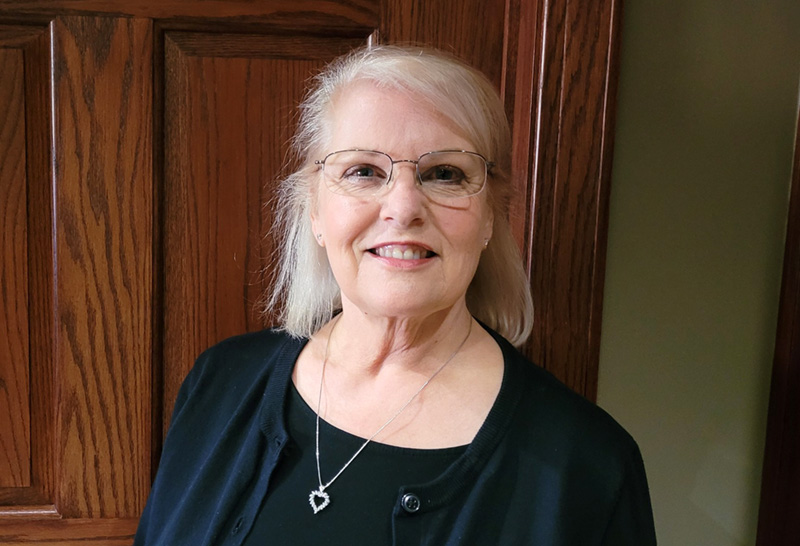With the start of the new year, you may be thinking about ways to be healthier. If you’re enrolled in the Baptist health plan, care coordination can help you, your spouse or dependent with a chronic condition.
To help you better understand this important covered benefit, we spoke with Suzanne Porteous-Harvey, system director of care coordination and the post discharge call center at Baptist.
What is care coordination?
Care coordination offers personalized care from experienced registered nurses for patients with a chronic condition. I’m using the term “patient” here to refer to Baptist team members, their spouses and dependents who take part in care coordination through the Baptist health plan.
Working collaboratively with patients and their physicians, the Nurse Care Coordinator becomes an integral part of the care team by creating a personalized plan of care to help patients achieve their health care goals. They work with patients to build on their chosen goals, such as living longer and being healthy enough to play with children or grandchildren and participate in more physical activities.
While a doctor may give general directions about diet and exercise, a Nurse Care Coordinator is charged with helping activate a health improvement plan by being more specific with reviewing diets and helping further define fitness goals.
With the Nurse Care Coordinator, patients also review their medications, discuss how the medications work and talk about the importance of medication adherence. Patients receive education about their chronic condition and learn to recognize the warning signs their condition is worsening.
Baptist currently has four Nurse Care Coordinators who work with about 250 patients. Meet the Nurse Care Coordinators by clicking here.
Which chronic conditions do care coordinators help manage?
Diabetes, congestive heart failure, hypertension, chronic obstructive pulmonary disease (COPD), asthma and coronary artery disease are among the top chronic conditions that care coordinators help patients manage.
How does care coordination benefit team members or their families?
When patients leave their provider’s office or hospital, they most likely need additional support to ensure they are following the proper plan of care. Care coordinators are that point of contact, providing the patient, family/or caregiver with the necessary information to support their health journey both before and after provider visits. They also act as a resource to answer questions about the patient’s chronic condition and assist in navigating the health care system.
The goals of care coordination are to improve patient outcomes, assist patients in accessing the care they need (especially specialty care), prevent hospital and emergency room visits and promote a continuum of care for the patient.
Those who work in health care are knowledgeable about chronic conditions, but as particularly busy folks, medical professionals may not prioritize their own care. Having a nurse reach out to see what you can do differently may be the push you need to be more compliant with taking care of your health this year and in the future.
Have the care coordination efforts at Baptist been successful in recent years?
Yes, our results are significant when you compare those who utilize our services with those who do not. If you have a chronic condition, care coordination can have a noticeable positive impact on your health, while also lowering your out-of-pocket expenses.
The Diabetes Value Based Management Program is a fantastic program where the Nurse Care Coordinator works with people to improve their A1C levels and live a healthier life. A fabulous bonus to this program is Baptist provides free medications and supplies on the formulary if you enroll.
Results for members enrolled in the diabetes program show a 63% improvement in their A1C levels from baseline. Considering the long-term effects on mortality when blood sugar levels remain high, this is a huge success for these members.
In addition, members enrolled in care coordination have fewer emergency room visits, hospitalizations and lower costs than those not enrolled in care coordination.
When can team members enroll?
We welcome new participants anytime.
What are the instructions for enrolling?
Send a secure email to Besthealth@bmhcc.org or contact (901) 227-2378 (BEST). Please state you are looking to work with a Nurse Care Coordinator.
Is there anything you’d like to add?
Providing our own team members with the tools to self-manage their chronic illness and the resources available as a benefit of the health plan is very rewarding. We all desire to be as healthy as possible and to enjoy our lives to the fullest; this program helps team members achieve that goal.






